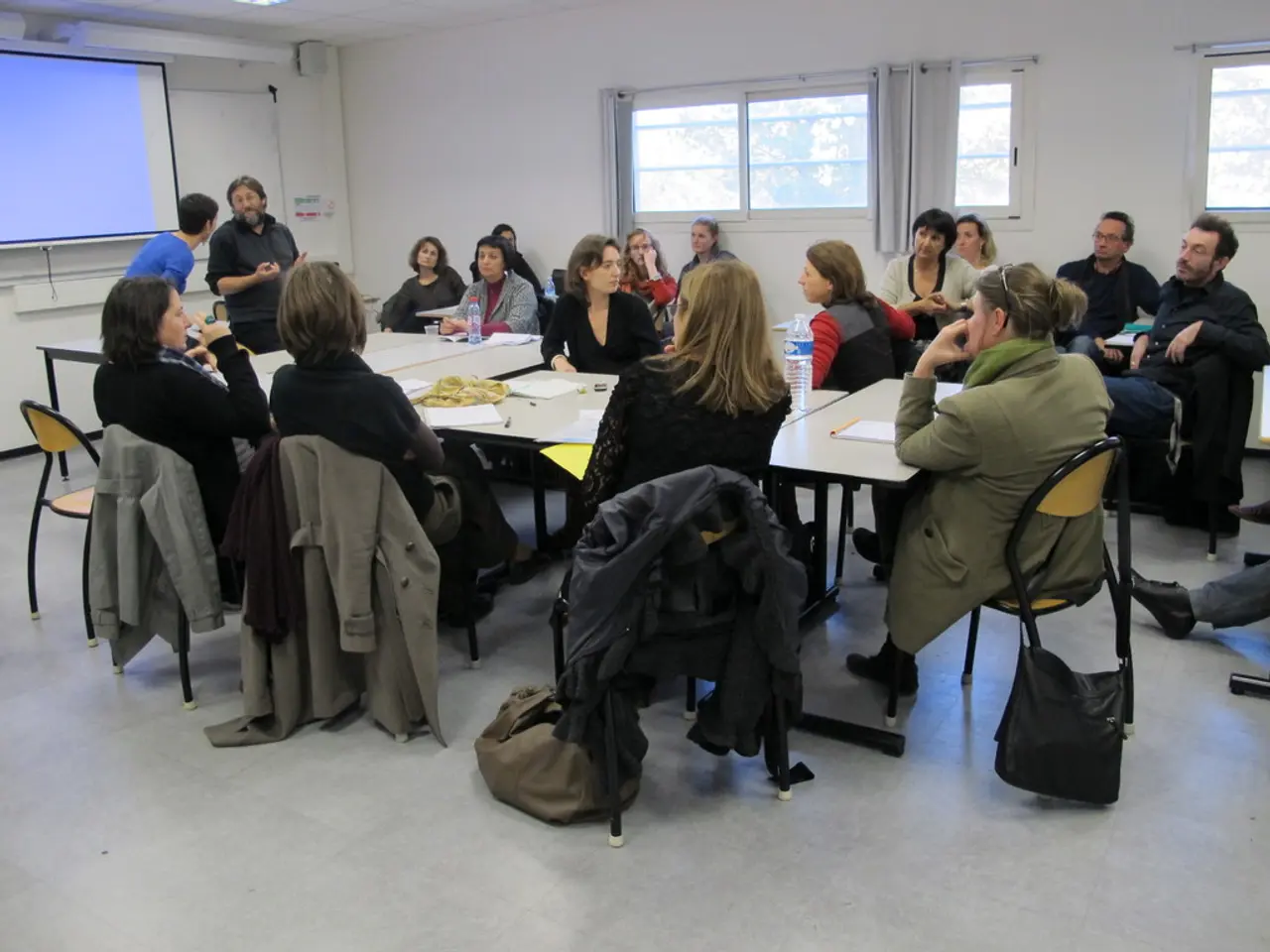Advocating for Reduced Land Taxes and Streamlined Construction Procedures for Families, Suggests Oliver Luksic
In the heart of Germany, the Saarland region is witnessing a series of proposed reforms aimed at revitalising the housing market and providing more affordable housing options for young families. The driving force behind these reforms is Oliver Luksic, the state chairman of the Free Democratic Party (FDP) in Saarland.
Luksic has been vocal about the need for decisive action, particularly in addressing the real estate transfer tax and streamlining construction processes. He emphasises the importance of handling fire safety regulations more reasonably and freeing the construction industry from bureaucratic shackles. A key aspect of these proposals is the revision of the building code in Saarland.
The proposed reforms aim to reduce or modify the real estate transfer tax to alleviate the financial burden on young families buying their first home. They also seek to simplify and accelerate construction procedures, making it easier and quicker to build residential properties. Additionally, targeted support programs or incentives are proposed to help young families enter the housing market, such as subsidised loans, grants, or prioritised housing projects tailored to their needs.
The overall goal of these proposals, as stated by Luksic, is to commit to affordable homeownership, particularly to support young families. This aligns with broader German and regional efforts to address housing affordability and accessibility for families.
Christian Lindner, the Federal Minister of Finance, has proposed a reform that includes reducing the tax rate for self-used property to less than 3.5 percent. Luksic has welcomed this proposal, although he did not mention the reduction of the real estate transfer tax in this context.
Luksic also calls for Saarland to follow the example of Rhineland-Palatinate and launch a comprehensive program for renovation and housing construction. He urges the need for a comprehensive state development plan to make spatial planning more efficient.
An analysis by the Kiel Institute for the World Economy (IfW) suggests that reduced real estate transfer taxes could have a positive effect on housing construction. However, it's important to note that the detailed legislative framework for these reforms in Saarland is still under discussion.
These proposed reforms in Saarland's housing market are a response to the constant changes in the market and the need for political action. Young families face obstacles when buying properties, and these obstacles require urgent change. The ultimate goal is to boost housing supply, ease financial hurdles, and make homeownership more accessible for young families in Saarland.
Investing in real-estate and managing finances are critical aspects of the proposed reforms in Saarland, as they aim to reduce the real estate transfer tax and simplify construction processes, making it easier for young families to afford homes. The revisions of the building code and the implementation of targeted support programs, such as subsidised loans and grants, are strategies to foster investing and stimulate the housing market in Saarland.




